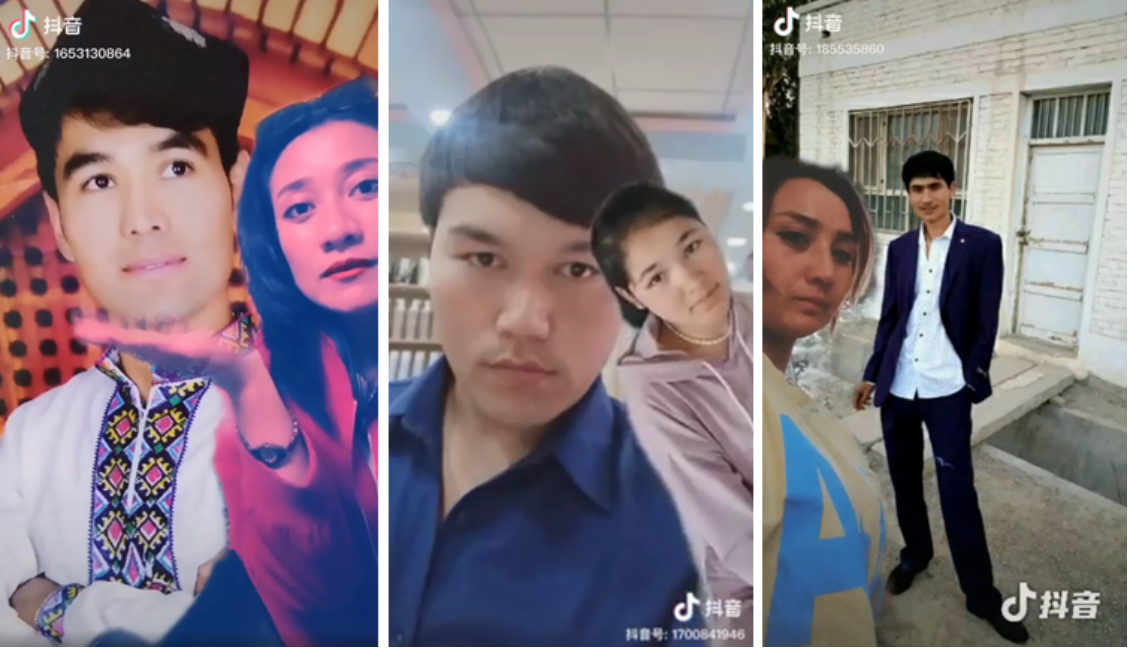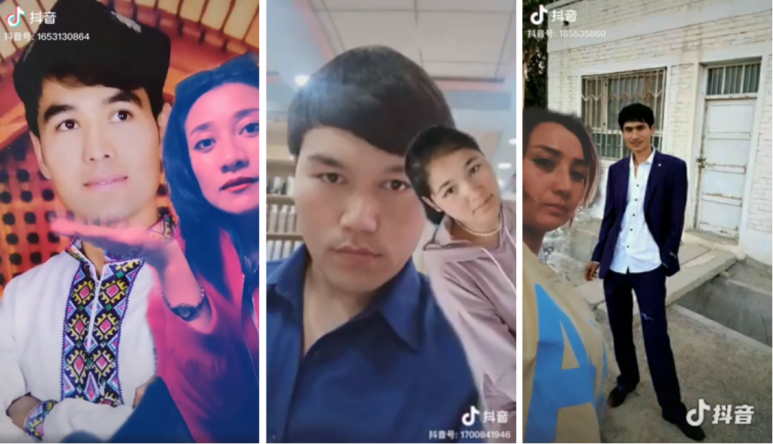By: Eline Jeanné
We recently reported on TikTok and how the increasingly popular app has raised concerns in regards to censorship and data privacy. For many, TikTok is a place to create and consume funny videos. For others, TikTok is a tool to find a missing family member, and to learn more about the dire situation at home: Xinjiang, China. Xinjiang has been at the centre of a mass-imprisonment campaign by the Chinese government of the local Uyghur, majority Muslim, population. It has been extremely difficult to gain access and accurate information about Xinjiang, with heavy secrecy and censorship surrounding the situation. TikTok is one way people are able to gain a small amount of information about what is really going on. It is important to understand that TikTok within China and outside of it are two separate entities. Whilst both platforms are owned by Bytedance the version in China, called Douyin, can only be downloaded from within the country, just as TikTok can only be downloaded outside China. The interface and logo of the apps is largely the same, as are the functions; however, the content on the two platforms is where the difference really lies. It is well known that content on Douyin is censored, as is the case for most media and content in China, whereas TikTok denies these claims on their platform.
We spoke to Nur*, who is from Xinjiang but currently resides in Europe. Their family is still in Xinjiang: “At the beginning of 2019, I started using Douyin, because one of my friends mentioned that I can find tutorials for Uyghur food on Douyin. That was my first intention to download this app and started to use it, to learn how to cook traditional food that I never had the chance to learn before. After I started to use Douyin, I found out that I can share private videos with family. It became my new way of sharing videos and photos of my daughter and my daily life, a new way of telling my parents that we are all fine. My mother is a very cautious person; she always believes that if she clicks on something online, there will be traces to follow. So my sister is the only family member who follows me on Douyin and presses heart (like button) on my videos. Every time after I saw that red heart on my videos from my sister, I know that they have all saw the video. Occasionally, my sister will post short videos of our family; I will save them as soon as I saw them.”

For Nur, Douyin offer a rare and much-needed line of communication with family in the region, and a small window into her motherland: “I also follow a few Douyin users who run accounts for exploring Kashgar and Urumqi, the two most important cities for me, and sometimes I can even see some familiar streets and buildings on it, they will ease my longing to my beloved hometown a little bit.”
Others have been using the platform for activism and defiance. With a photo of a loved one in the background, people have been posting on Douyin posing silently, many crying. The photos are of those who have reportedly gone missing, and are likely in the camps in Xinjiang. Many similar videos surfaced on Douyin and while those featuring in them don’t say a word, they all have the same song playing in the background; a sad tune titled “Donmek,” which means “return” in Turkish. It is difficult to verify the exact origins of the videos, but many believe that those posting them are currently in XUAR, based on the accompanying comments and the fact that Douyin is one of the few apps still working in the region. The videos are a brave stance against the Chinese government, which operates one of the most censored media environments in the world. According to historian Rian Thum, these videos are “the first time we’ve seen a pattern of protest that has made it to the outside world, since the hard turn towards internment and the totalitarian administration of Xinjiang.”
Douyin has also been used by those outside of China to gather more information about the situation in Xinjiang. There are several activists who use the platform to monitor and collect content related to Xinjiang; however, this is no easy feat. Douyin can only be accessed from within China, and from a Chinese phone. The majority of activists screening Douyin for content related to Xinjiang are no longer in China, and therefore in order to access the app, they first need to beat China’s ever-strong firewall.
One of these activists is Alip Erkin, a Xinjiang native who currently resides in Sydney, Australia. Erkin runs the Twitter and Facebook page Uyghur Bulletin, where he posts regular updates regarding the situation in Xinjiang. It is here that he also shared videos from Douyin which shed light on what is happening in Xinjiang; such as a video showing a crowded sleeping room with Uyghur children in an orphanage and evidence of Uighur children being taught only ancient Chinese text, not their mother tongue. Through screen-grabbing this evidence and sharing it on platforms such as Twitter and Facebook, Erkin is providing a rare look at the heavily-censored region. Talking to Isobel Cockerell for WIRED, Erkin shares that through his time doing this work he has seen his home change rapidly, noticing on videos that Uyghur Muslim women are no longer wearing headscarves, the men no longer have bears and the Uyghur language seems to disappearing from the public space.
Nur has noticed these changes too: “We (some of my Uyghur friends here) also saw many videos about the current political situation in Xinjiang on Douyin. For example, like the Uyghur girls marrying Han Chinese suddenly in huge numbers, and elementary school students wearing traditional Chinese costumes to perform Chinese arts instead of Uyghur’s, and the Uyghur villagers singing in front of a red flag to praise the communist party of China. These videos usually become our main topic to discuss whenever we gather together. We feel sad and angry about what’s happening in our hometown, and deeply worried about the wellness of our family members.”
Unfortunately, it seems China has recently been cracking down further on content on Douyin, specifically when it comes to Xinjiang. Uyghur script is no longer allowed on the app; Erkin discovered this when creating an account on Douyin with the native language and being denied. Only when he changed the username to Latin script was he approved. This has gone along with a noticeable decrease in videos of the region, especially those that show a harsher side. Instead, the hashtag #charmofthexinjiangpeople went viral recently on Douyin, and was used to show “beautiful Xinjiang people in gorgeous ethnic costumes, and, of course, their brightest smiles,” according to party-owned Global Times. Many believe that this was an active move by Douyin owner ByteDance to counteract the party-critical content on their platform, furthering halting any accurate information coming out of Xinjiang.
The dire situation in Xinjiang continues, and with recent new restrictions on Douyin, it seems to only be becoming more difficult to gather any accurate information. Individuals like Erkin have used social media to spread awareness about Xinjiang and together with a network of Uyghur activists have filled a much-needed information gap. While vital, there is still much uncertainty about Xinjiang, and those still imprisoned. We must continue to support activists working on the case, and explore any avenue possible to gather insight.
*Name has been changed to protect the individual’s privacy
